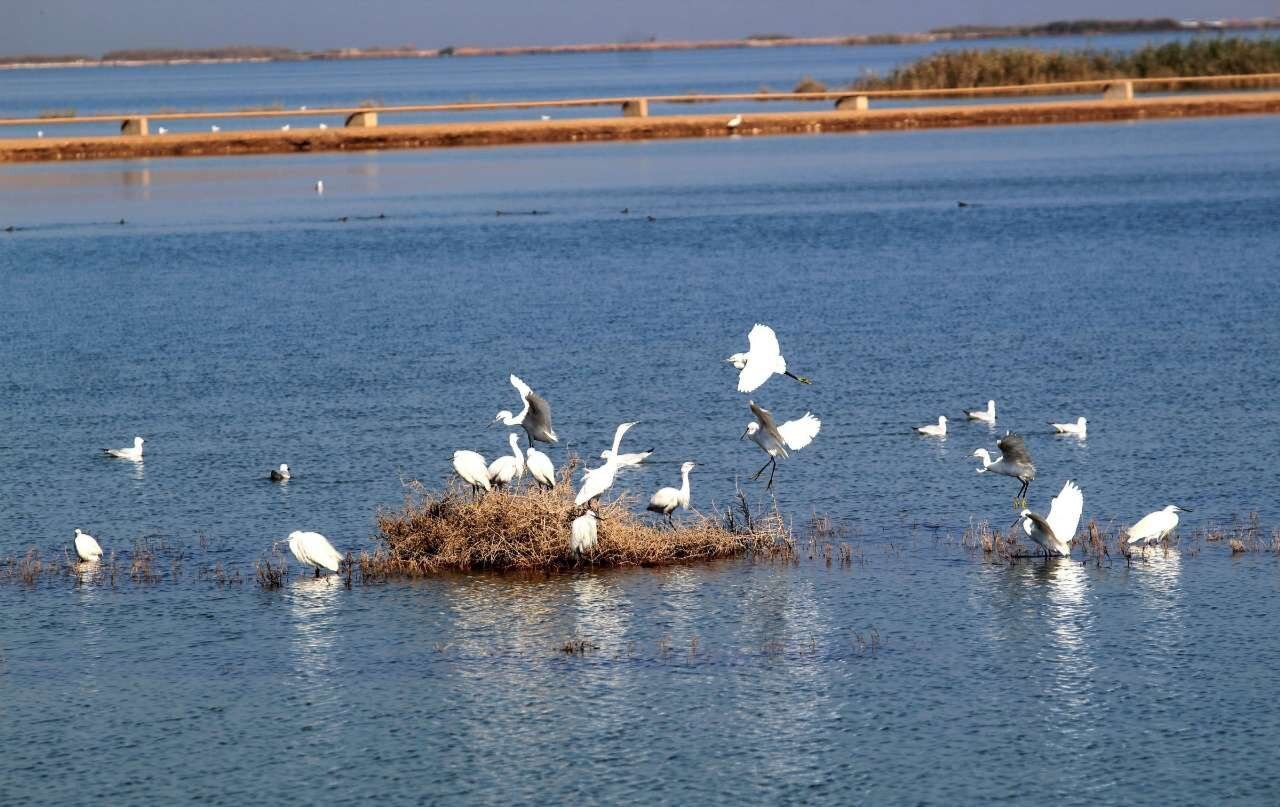
Similar Posts

Iran’s Healthcare Crisis: Soaring Medical Costs Loom as Preferential Currency Policy Disappears
Iran’s healthcare sector is facing a crisis as inflation rises and the government eliminates the preferential exchange rate for importing medical equipment, increasing costs dramatically. Mehdi Pirsalehi, head of the Food and Drug Administration, revealed that the exchange rate will now be 28,500 tomans, a sevenfold increase. This policy change has led to a tenfold rise in medical equipment costs, straining hospitals and insurance coverage. Reports indicate some medicines have surged in price by up to 200%, with significant shortages. As healthcare becomes less accessible, critics warn that the economic burden is disproportionately affecting the impoverished population.
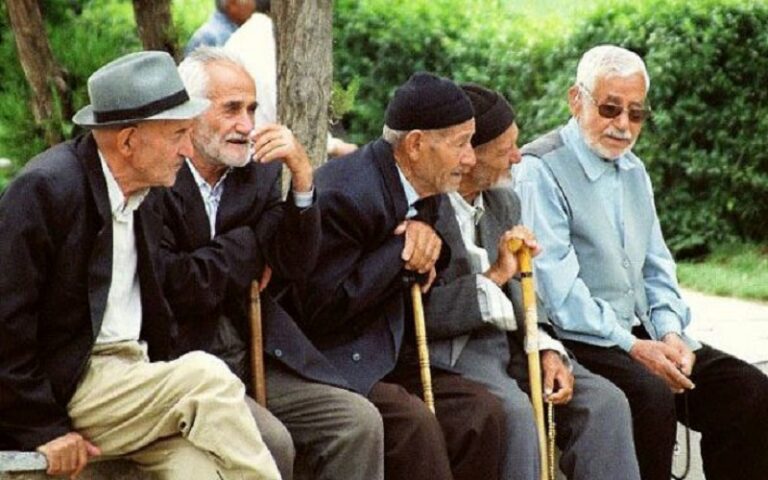
Iran’s Aging Population: Navigating the Impending Demographic Crisis
On January 28, Eco Iran reported on Iran’s significant demographic shifts, revealing a declining young population and a rapidly aging society, posing economic and social challenges. Key statistics show a drop in the birth rate, with the under-one age group decreasing from 0.6% to 0.4% and those aged 21-30 falling from 20.2% to 12.7%. Contributing factors include poverty, high unemployment, and financial insecurity. The increasing elderly population strains social security and pensions, leading to widespread protests. Urgent reforms are needed to improve job security and support young families, yet the current regime lacks a viable plan, risking further demographic decline.
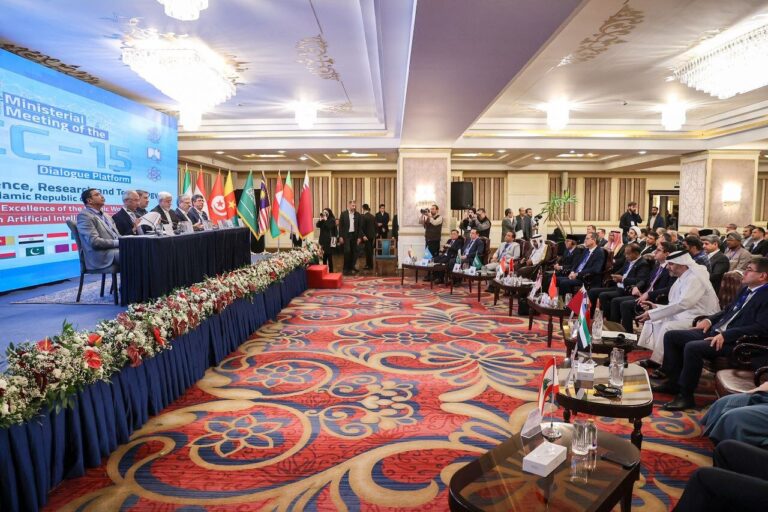
Iran Urges Islamic Nations to Unite for AI Development and Innovation
First Vice President Mohammad-Reza Aref has urged Islamic countries to enhance collaboration in artificial intelligence (AI) development during the OIC-15 Dialogue Platform’s Ministerial Meeting. Aref proposed several initiatives, including creating a High-Level Steering Group to monitor AI advancements, developing a roadmap for scientific cooperation, networking research centers, and establishing collaborative funding for AI projects. He also highlighted the need for an Islamic Charter on AI Ethics. The meeting focused on AI’s role in education and economic development, with discussions and exhibitions showcasing advancements in science and technology among member states, aiming to strengthen regional cooperation and innovation.
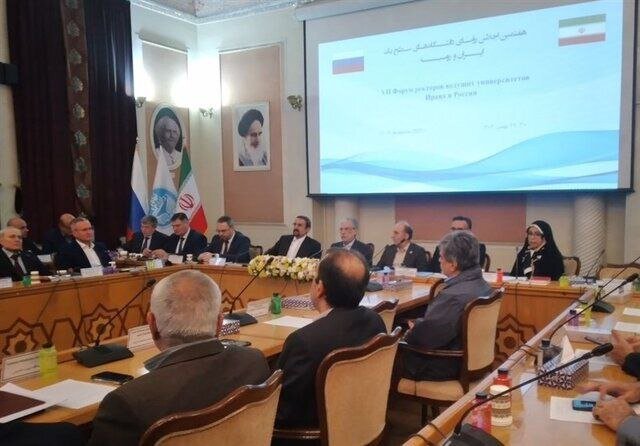
Iranian and Russian Universities Strengthen Collaboration for Enhanced Academic Partnerships
Iranian and Russian universities have strengthened their collaboration in higher education by establishing a secretariat to enhance communication and deepen scientific exchanges. This initiative aims to implement existing agreements and foster new partnerships through joint scientific projects, faculty exchanges, and student scholarships. Notably, Shiraz University and St. Petersburg University have signed 12 memorandums of understanding to boost cultural and educational activities, including summer and winter schools for students. Specialized training courses for mining engineers and joint research initiatives are also planned. These efforts reflect a commitment to advancing education, research, and cultural understanding between the two nations.
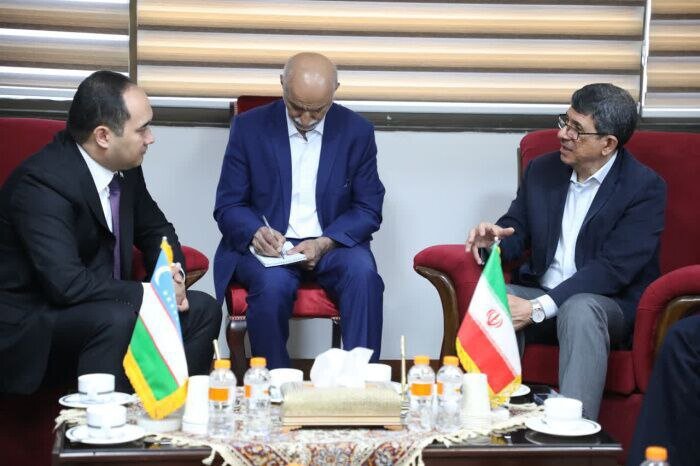
Tashkent and Tehran Forge Stronger Sci-Tech Partnership for Future Innovation
Uzbekistan’s first Deputy Minister of Higher Education, Daliv Shahrukh Khozhakbarovich, has called for collaboration with Iranian universities to enhance technology and innovation in Uzbekistan. During a meeting with Farhad Yazdandoost of Iran’s Ministry of Science, they discussed potential partnerships in expertise sharing, joint funding, and student exchanges. Yazdandoost highlighted Iran’s scientific progress and its goal to attract 300,000 foreign students. Future cooperation may involve joint research projects and academic mobility. Both officials emphasized leveraging each country’s strengths to foster educational and technological advancements, aiming for a fruitful partnership that benefits both nations’ ecosystems.
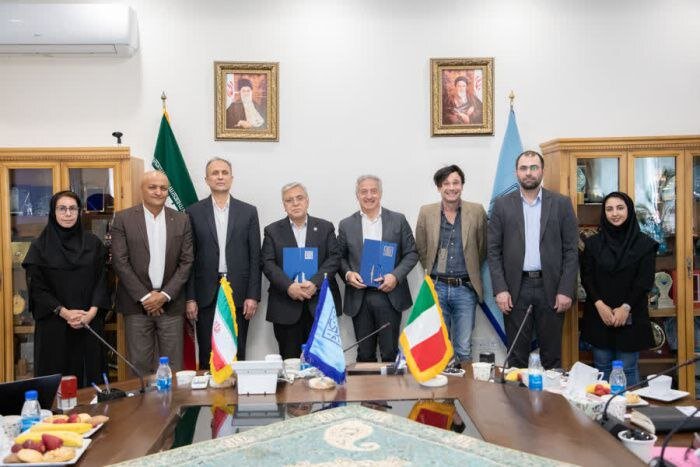
Iranian and Italian Universities Forge Groundbreaking Scientific and Educational Partnership
Shahid Beheshti University in Tehran has signed a memorandum of understanding (MOU) with Italy’s University of Salento to enhance scientific, research, and educational collaboration. The agreement includes joint courses, sabbaticals, research projects, workshops, and exchange programs. This partnership aims to build a framework for ongoing collaboration and knowledge exchange. Similarly, Allameh Tabatabai University recently signed an MOU with the University of Salento, focusing on social sciences. Additionally, Luiss University in Italy expressed interest in strengthening ties with Iranian universities. These initiatives reflect a growing trend of international academic cooperation, fostering innovation and enriching educational experiences.